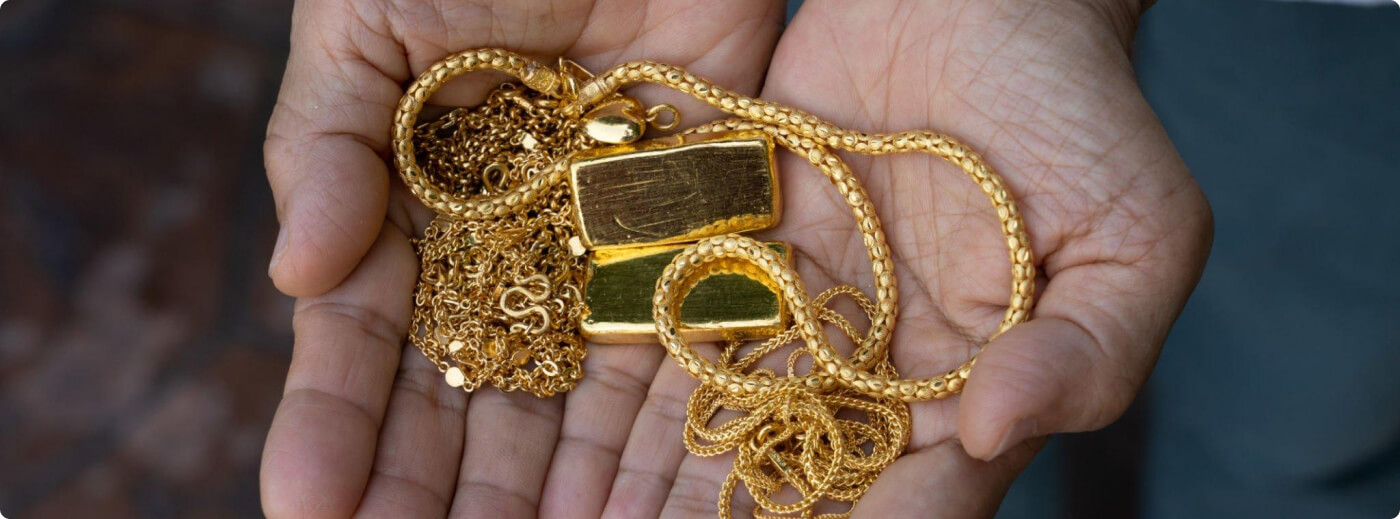One of the first things to evaluate when offloading gold is the current industry trends. Gold valuations vary based on various factors, including financial conditions, inflation rates, and international demand. Keeping an watch on these trends can help vendors decide the optimal time to transact. For instance, if the price of precious metals is elevated, it may be a good opportunity to offload. On the other hand, if prices are low, it might be prudent to wait until they rise. Investigating industry trends can provide valuable information and help vendors make educated decisions.
Valuation is another crucial aspect of selling precious metals. Before putting gold on the market, it is essential to understand its worth. This entails comprehending the purity of the precious metals, which is assessed in karats, and the mass of the piece. Sellers should think about obtaining their assets appraised by a certified expert to ensure they have an accurate assessment. An evaluation can provide a definitive comprehension of the gold's current worth, which can help in negotiations with potential clients. Understanding the value of the gold can also stop sellers from taking offers that are too low.
Locating the appropriate buyers is essential in a competitive market. There are multiple choices available for transacting precious metals, including pawn shops, digital marketplaces, and dedicated gold buyers. Each option has its pros and cons. For instance, pawn shops may provide quick cash but often at lower prices, while digital marketplaces can provide entry to a broader clientele but may demand more effort to market and sell the assets. It is crucial for sellers to investigate potential clients and select the one that aligns with their transacting goals. Establishing connections with reputable clients can also result to improved bids and a more efficient how to sell gold without getting scammed selling process.
When transacting gold, it is also important to be cognizant of the regulatory and ethical factors involved. Sellers should ensure that they are adhering with local regulations regarding the sale of gold. Additionally, being open about the state and history of the gold can build confidence with buyers. Ethical selling practices not only protect the seller but also contribute to a favorable reputation in the market. This can result to repeat business and referrals, which are important in a competitive landscape.
In conclusion, transacting gold in a fierce market requires careful planning and consideration. By remaining informed about industry trends, understanding the valuation of assets, finding the right clients, and adhering to legal and ethical standards, vendors can maneuver the complexities of the precious metals market effectively. With the appropriate approach, transacting gold can be a rewarding venture that meets the vendor's financial requirements.
